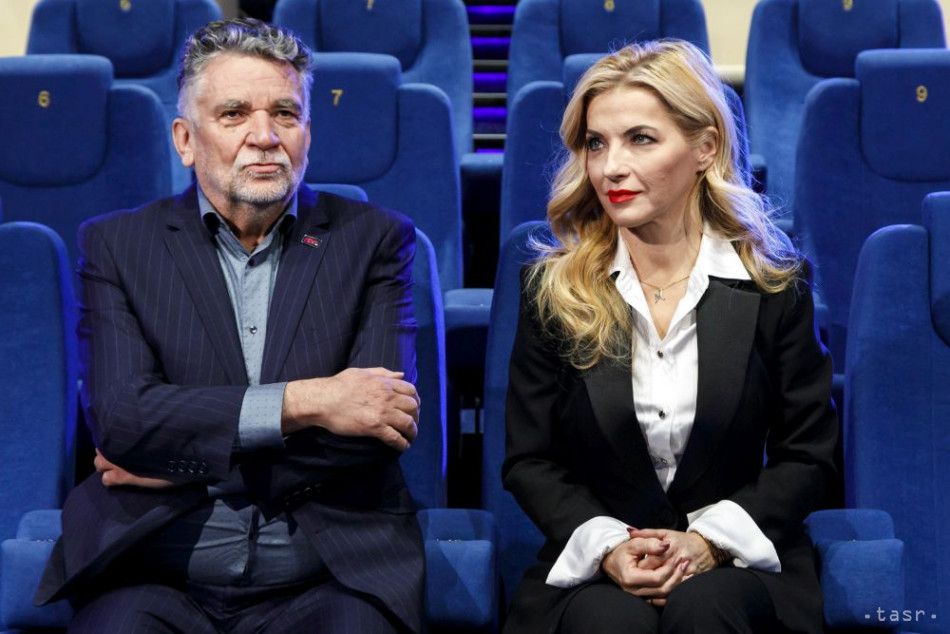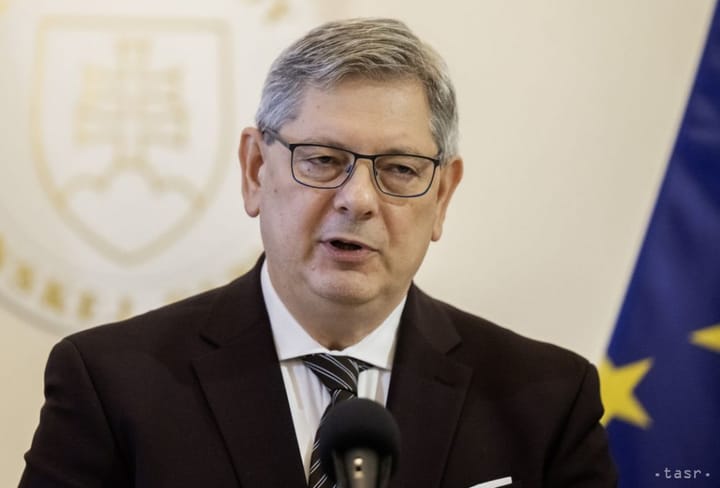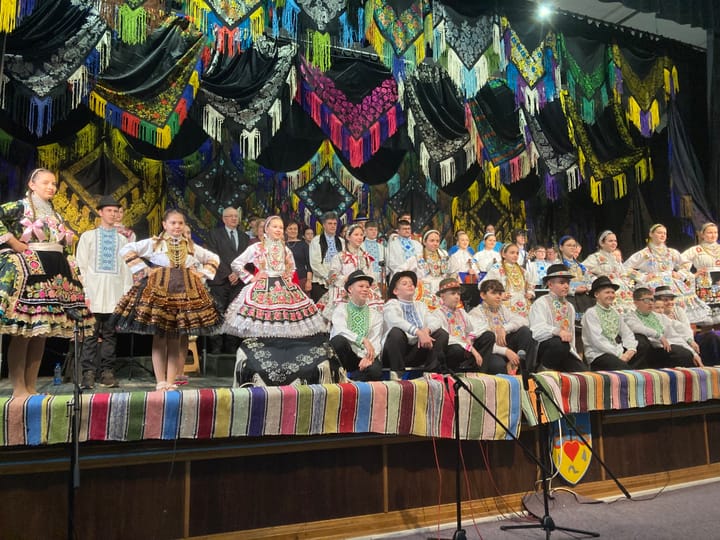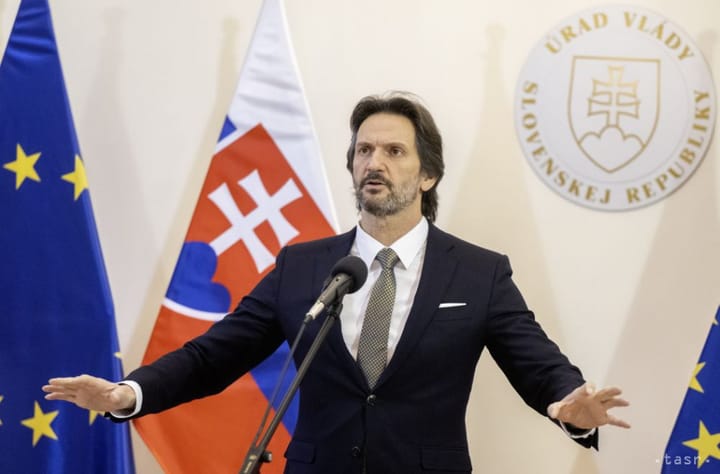RTVS Director Machaj: Draft Changes for RTVS Effort to Politicise Public-service Space

Bratislava, March 12 (TASR) - The draft law on Radio and Television of Slovakia (RTVS) is a tool for politicising the public-service space, current RTVS general director Lubos Machaj said on Tuesday in reaction to a bill submitted by the Culture Ministry for inter-departmental review, adding that he also thinks that there is no absolute agreement in the coalition on the submitted version.
"The proposal is a political intervention that will cause the public media to come under a strong political pressure," said Machaj, adding that this way is explicitly usurping. He considers the proposed programme council, the majority of whose members are to be elected by parliament, to be an explicitly political body. "It reminds me of the days of communism and censors," he noted.
Machaj rejected the justification that a change at RTVS is inevitable due to biased and unobjective news coverage, pointing out that this reason is based on the authors' conjecture, not relevant facts. Nor does he accept the arguments that the proposal for a new organisation is based on proven foreign models. "For example, the Polish model referred to by the authors is already under reconstruction," he pointed out, expressing a belief that one of the main intentions of the proposal is to remove him from the post.
Machaj also hinted that the version presented might not be the same as the one the legislators will deal with. "I have indications that there isn't 100 percent agreement in the coalition on this version," said Machaj.
Culture Minister Martina Simkovicova (a Slovak National Party/SNS nominee) wants to comment on the legislative proposal at a press conference announced for Thursday (March 14).
The Culture Ministry submitted a bill on Radio and Television Slovakia for inter-departmental review on Monday (March 11). The current institution shouldn't be formally divided, but several changes in the way it operates are proposed. In line with new rules, the general director should be elected by a seven-member council composed of three nominees of the culture minister and four elected in parliament. There should also be a programme council, the majority of whose members would be elected by parliament.



